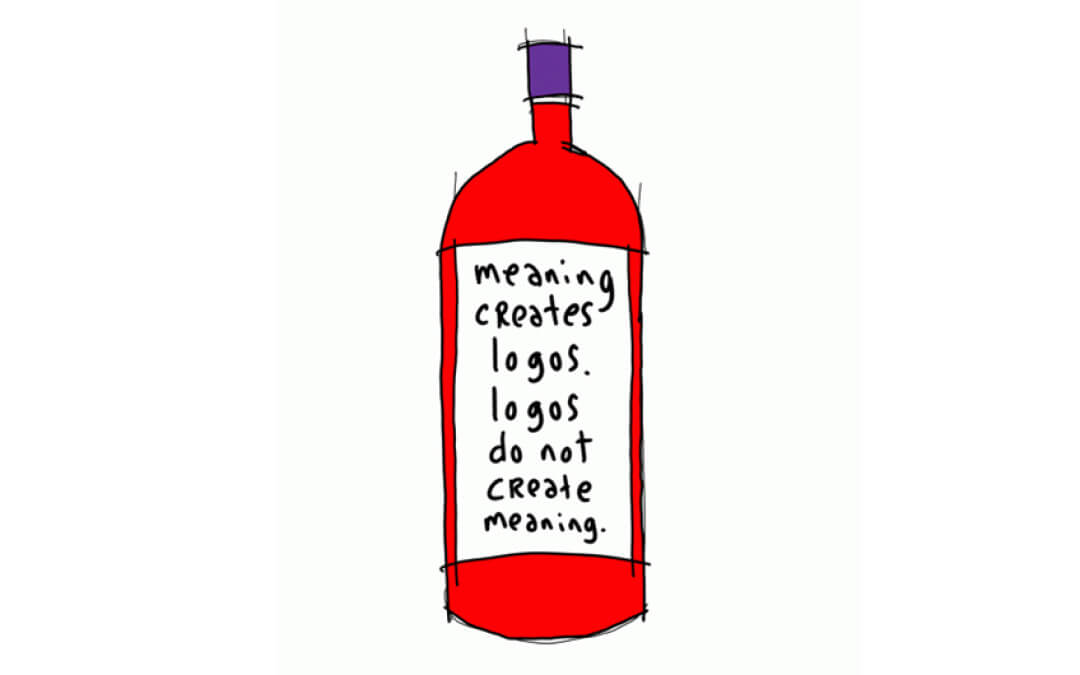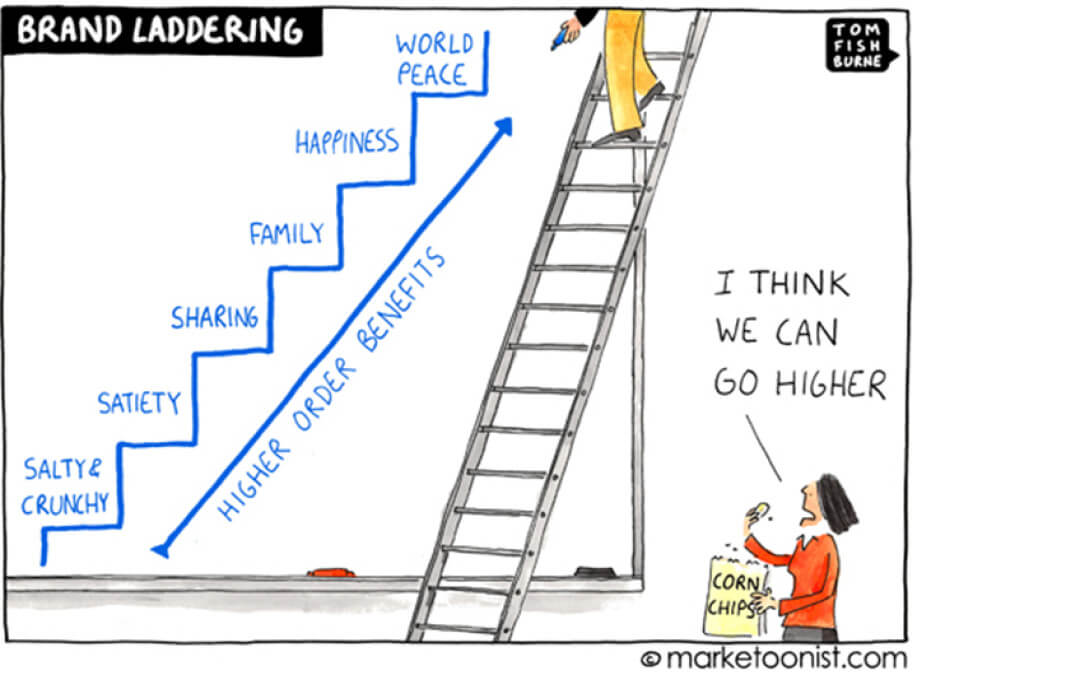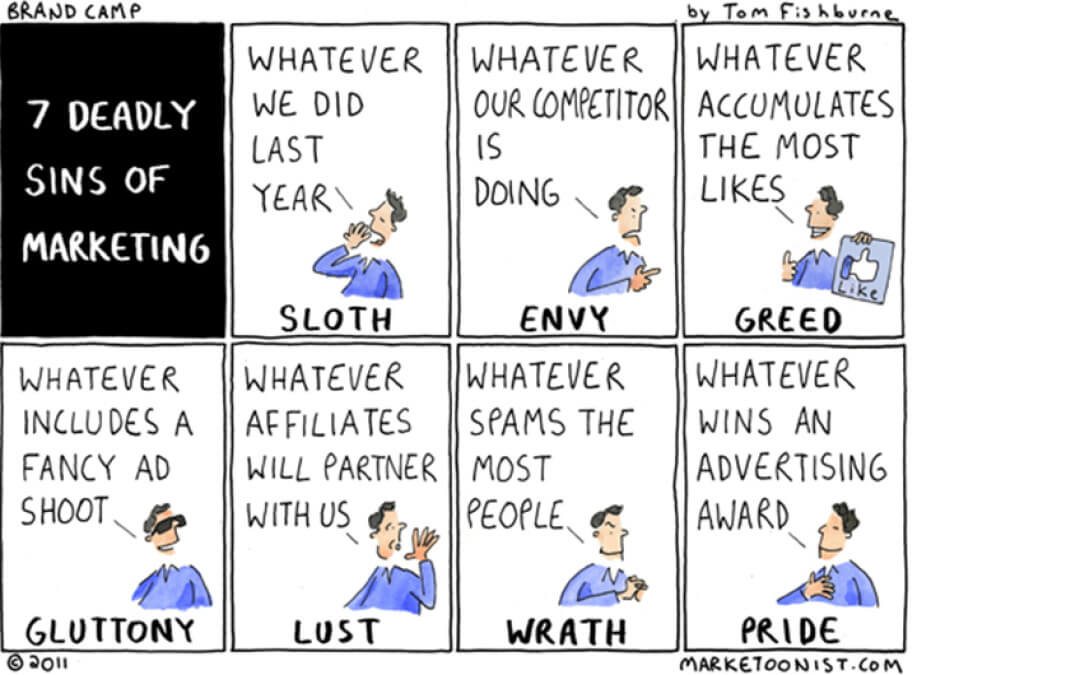Wishing You a Lite & Brite Holiday Season
This holiday season, we wanted to shed light (or in this case, lite) on our abundant holiday spirit and illuminate all that we hold dear – playfulness, bold design, teamwork, creativity, and a desire to make all brands glow with promise and purpose. We hope this video adds a bit of brightness to your day. Call us lite-brite fanatics or nostalgic kids, but we believe in the little bit of promise held in each single peg. The promise of light, of building something new, of fresh beginnings. This holiday, the world is yours. Dance in the light. Blast music. Build things. Play games. The holidays...
Read more >








